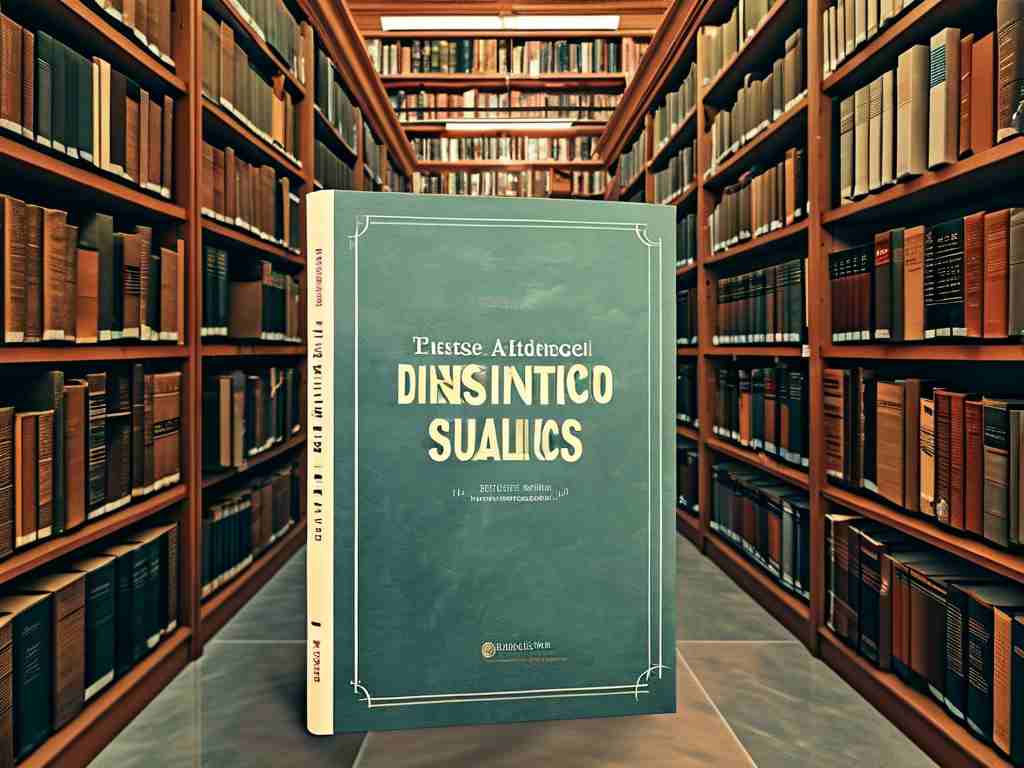Compiler principles form the backbone of software development, teaching how high-level code transforms into machine-executable instructions. Foreign classic textbooks, revered globally, offer deep insights and structured learning paths for students and professionals alike. Among these, Alfred Aho's "Compilers: Principles, Techniques, and Tools" stands as a cornerstone. Often dubbed the "Dragon Book," it debuted in 1986 and remains a staple in university curricula. Co-authored with Monica Lam, Ravi Sethi, and Jeffrey Ullman, this work meticulously covers lexical analysis, parsing techniques, and code optimization. Its strength lies in balancing theory with practical examples, making abstract concepts like finite automata and syntax trees accessible. For instance, the book illustrates a simple lexical analyzer using C-like pseudocode:

#include <stdio.h>
int main() {
char input[100];
fgets(input, sizeof(input), stdin);
// Tokenization logic here
printf("Tokens processed.\n");
return 0;
}
This snippet demonstrates basic token scanning, a foundational step in compilation that the Dragon Book explains with clarity. Beyond this, Andrew Appel's "Modern Compiler Implementation" series, particularly the ML version, shifts focus to contemporary approaches like just-in-time compilation and garbage collection. Appel emphasizes hands-on implementation, encouraging readers to build compilers from scratch using functional languages. His text contrasts with the Dragon Book by integrating modern paradigms, such as intermediate representations and register allocation, which cater to evolving processor architectures. Charles Fischer's "Crafting a Compiler" offers another perspective, prioritizing pedagogical simplicity and incremental learning. Fischer and LeBlanc structure their content around a step-by-step compiler project, ideal for beginners who might find the Dragon Book dense. They include exercises that reinforce concepts like symbol table management and error recovery, fostering problem-solving skills without overwhelming jargon.
Why do these foreign classics endure? Their universal appeal stems from rigorous academic foundations combined with real-world applicability. The Dragon Book, for example, addresses compiler design challenges faced in industries from embedded systems to cloud computing, while Appel's work anticipates trends like parallel processing. These texts avoid dated assumptions, instead promoting adaptable frameworks that withstand technological shifts. Moreover, they serve as reference manuals for professionals tackling optimization issues or security vulnerabilities in compilers. Despite digital alternatives, physical books remain preferred for deep study, offering curated knowledge that online snippets often lack. Learners should start with Fischer for a gentle , then progress to Aho or Appel for advanced mastery. Ultimately, these textbooks not only educate but inspire innovation, shaping how we think about language translation and computational efficiency in a global context.




